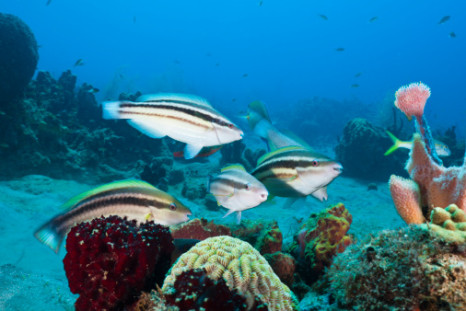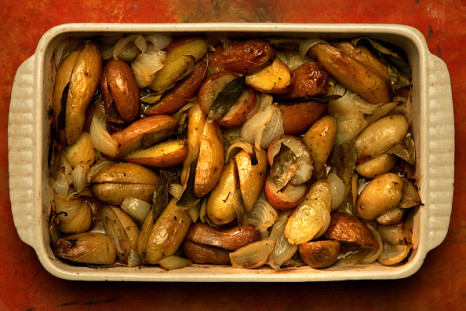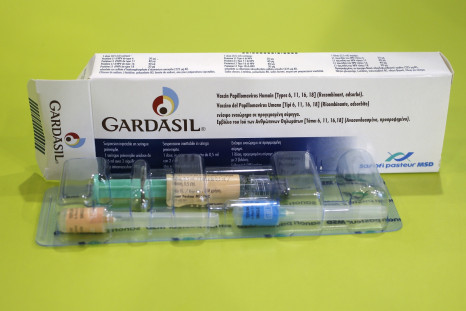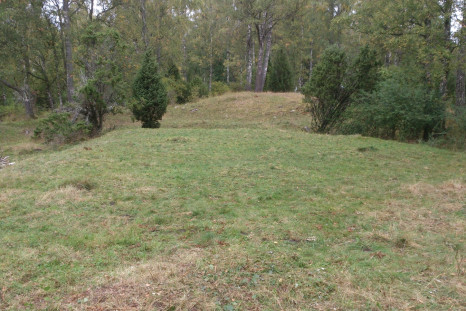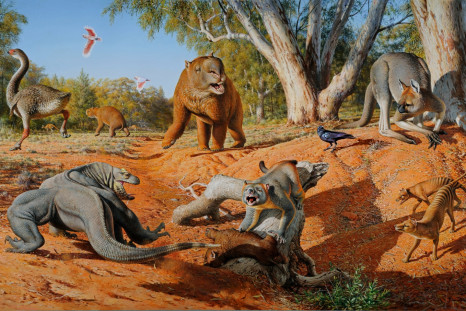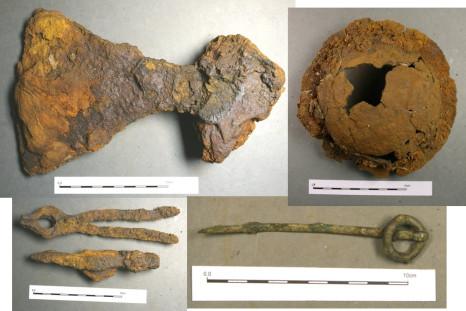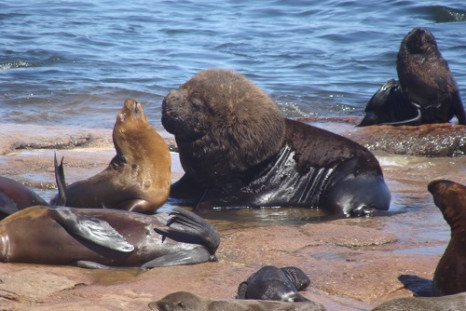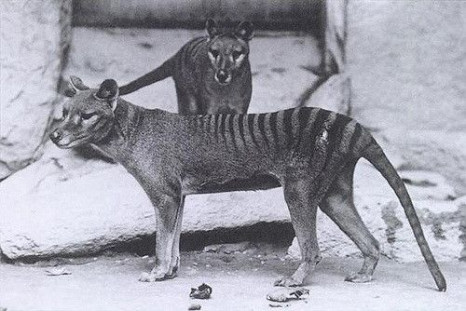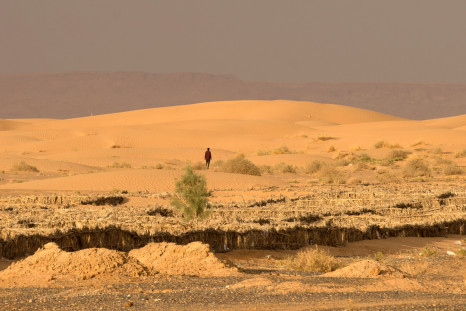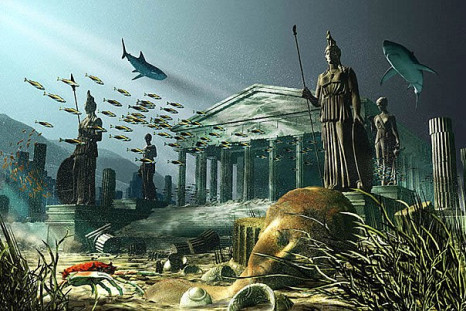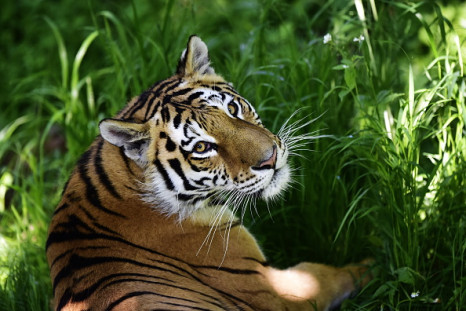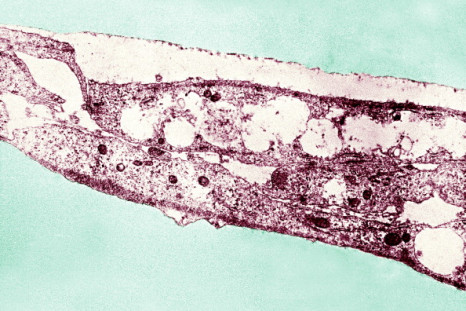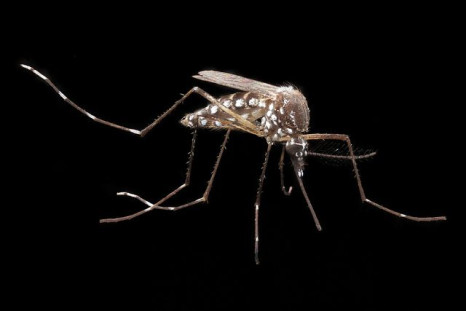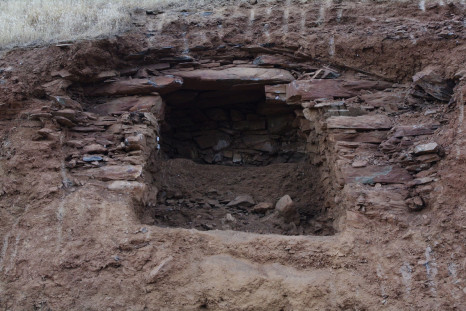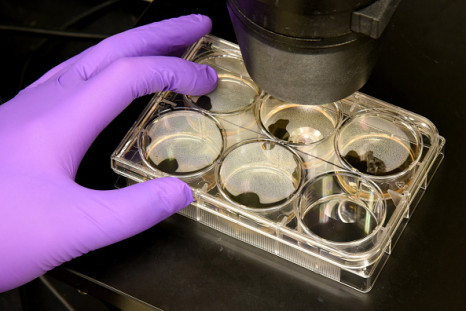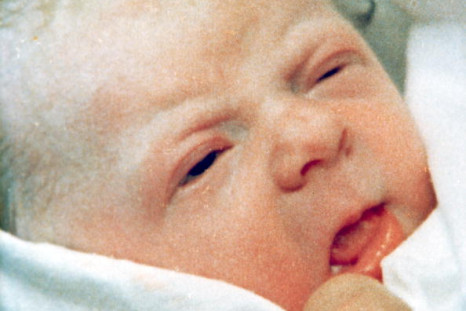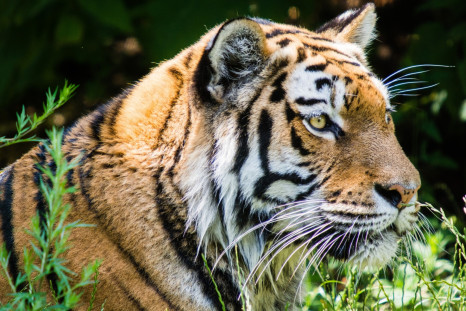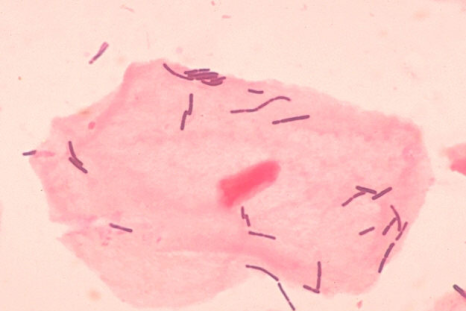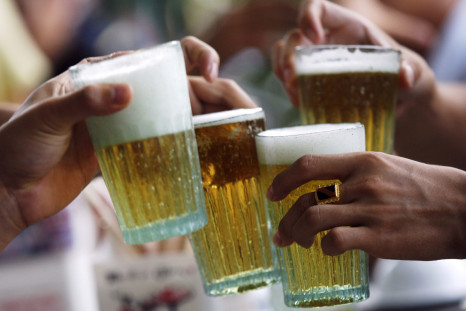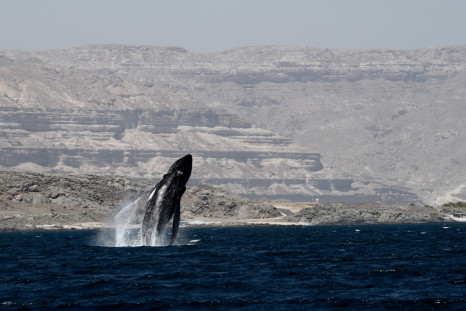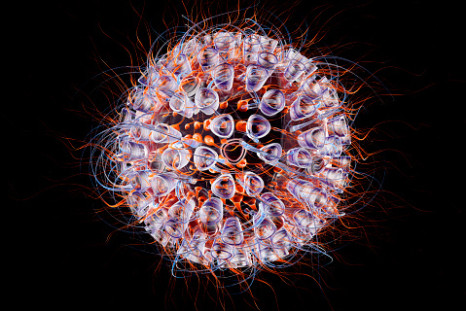More From Léa Surugue
Parrotfish are needed for coral reefs to survive and thrive
When parrotfish thrive, so do coral reefs, a model spanning the last 3,000 years has revealed.
Jan 23, 2017
FSA's cancer warning over burned toast and roast potatoes criticised by experts
Food Standards Agency has advised people should reduce consumption of browned toast and crispy potatoes.
Jan 23, 2017
Cervical cancer: Mortality rates underestimated, especially among black women
Taking into account hysterectomies in the analysis of cancer mortality has led to these rates being underestimated.
Jan 23, 2017
A huge Viking manor house has been discovered on the island of Björkö in Sweden
The structures were discovered near Birka, the first Viking town in Sweden.
Jan 20, 2017
Humans hunted giant kangaroos and tortoises as big as cars to extinction in Australia
The extinction of ancient Australia's megafauna has been heatedly debated among scientists for years.
Jan 20, 2017
First Viking boat burial found on UK mainland reveals mystery occupant was a high-status warrior
The burial found in Western Scotland is one of the few ever discovered and documented outside Scandinavia.
Jan 20, 2017
Genital herpes vaccine shows promise for millions infected worldwide
The trivalent vaccine has been tested in guinea pigs and macaques.
Jan 19, 2017
Human hunting has turned sea lions and fur seals into 'super-predators'
Since the 19th century, human activity has profoundly changed marine ecosystems and the role of megafauna in South America.
Jan 19, 2017
Brain scans of extinct Tasmanian tigers reveal they were feared hunters
Comparing the brains of Tasmanian tigers and Tasmanian devils, scientists find evidence of behavioural differences.
Jan 18, 2017
When the Sahara was 'green', rainfall was ten times what it is today
Evolution of the wet climate would have driven human population movements in and out of the Sahara.
Jan 18, 2017
Here's why coffee drinkers can live longer
Caffeine found to counter age-related inflammation which often triggers cardiovascular disease.
Jan 18, 2017
Atlantis Rising: Archaeologists' most extensive search for ancient lost city ever carried out
Award-winning filmmakers team up with archaeologists to find clues about the legendary civilisation.
Jan 18, 2017
We never forget our native language – even if we have never spoken it
Dutch speakers born in Korea were better able to (re)learn Koran as adults.
Jan 18, 2017
Wrongly diagnosed? A third of adults with asthma do not actually suffer from it
Diagnosing asthma can be difficult because it is such a complex and variable condition.
Jan 17, 2017
Cousins of extinct giant Caspian tigers could thrive again in Central Asia
A site in Kazakhstan appears conducive to the re-introduction of Amur tigers in Central Asia.
Jan 17, 2017
It's not a teenage thing - Women in their 40s or 50s suffer from eating disorders too
Traumas during childhood and personality traits increase risk of developing eating disorders well into adulthood.
Jan 17, 2017
Does HIV treatment increase the risk of unprotected sex – and syphilis?
Among men who have sex with men, the risk of getting syphilis is increasing, and HAART could be a factor.
Jan 16, 2017
Nasa satellites reveal dramatic deforestation in Cambodia in just 15 years
Cambodian forests have been cut down to make way for rubber plantations and fields.
Jan 16, 2017
Mosquito mutant - Genetic modification helps scientists fight dengue virus
Scientists are working at new ways to come up with vector control methods to fight off dengue fever.
Jan 12, 2017
Boy or girl? Mother's blood pressure found to predict sex of the baby
Study shows that higher blood pressure is associated with a greater chance of having a boy.
Jan 12, 2017
Mysterious skeletons in Iraq tomb tell the history of powerful Achaemenid Empire
The tomb was also reused at a later stage, in the early Islamic Period.
Jan 12, 2017
What are stem cells and how will they be used to treat the world's most debilitating diseases?
Stem cell research is often controversial but it has also led to incredible medical progress in recent years.
Jan 12, 2017
Creating babies from skin cells – what is in-vitro gametogenesis and what are the risks?
In-vitro gametogenesis shows promise for many infertile couples, but scientists have warned of ethical issues.
Jan 11, 2017
Tip of a new iceberg for tigers: Poachers caught in India are wealthy and well educated
The poachers were well educated and organised, confirming the need for local initiatives to be established to counter them.
Jan 11, 2017
Babies as young as 4 months old see the world just like adults
Thanks to innovative scanning methods, scientists have shown babies and adults have similar visual cortex.
Jan 10, 2017
Some vaginal bacteria can increase the risk of HIV by more than four times
The findings could lead to new research to help women in sub-Saharan Africa avoid infection.
Jan 10, 2017
Here's why you want that kebab after a night at the pub
Drinking alcohol makes people hungry because of what it does to neurons associated with hunger.
Jan 10, 2017
Largest genetic study of humpback whales shows dire situation for giants in Arabian Sea
Looking at the genome of over 3,000 humpback whales, scientists have been able to pinpoint conservation priorities.
Jan 10, 2017
Retroviruses like HIV could be half a billion years old
The viral genomes were found in aquatic vertebrate hosts from the early Palaeozoic era.
Jan 10, 2017
Genes that cause Crohn's disease are not responsible for its progression
Scientists have identified the genes that influence the condition's development.
Jan 09, 2017
Pages
- PREV
- 11
- 12
- 13
- 14
- 15
- 16
- 17
- 18
- 19
- NEXT



